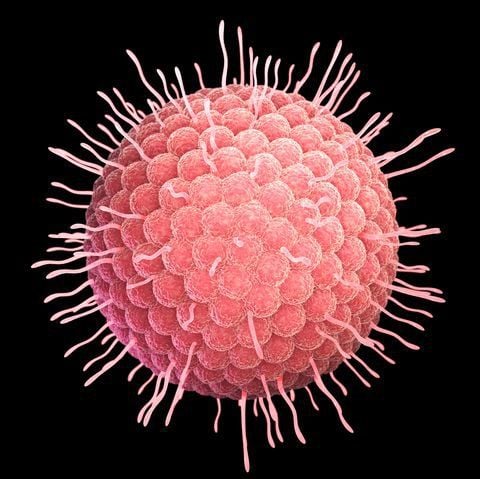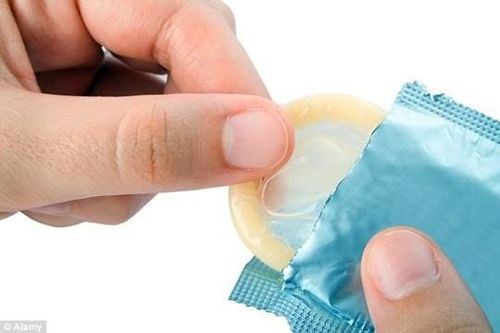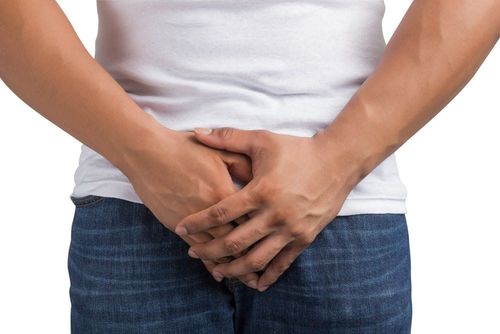This is an automatically translated article.
Penis health is an important part of overall health, and it's not just about things like getting an erection or ejaculating. Therefore, it is necessary to know about the signs of a problem with the penis to know the best way to take care of the penis.1. What are the signs that the penis is having problems with health and function?
These are problems related to sex function, sexual performance and penis health, including:Erectile dysfunction: Inability to get an erection or an erection that is not hard enough for sexual intercourse. Ejaculation disorders: Including inability to ejaculate, premature ejaculation, delayed ejaculation, painful ejaculation, low ejaculation or retrograde ejaculation (semen instead of being ejaculated back into the bladder). Failure to reach orgasm: Inability to achieve orgasm despite sufficient stimulation. Reduced sex drive. Sexually Transmitted Diseases: Includes genital warts, gonorrhea, chlamydia, syphilis and genital herpes, which cause pain when urinating, unusual discharge, pain or swelling of the penis and area genital. Fungal infection: causes glans pain, red maculopapular rash with white patches, very itchy or burning sensation, and white discharge. Penile curvature: is a chronic condition associated with the growth of scar tissue inside the penis, causing penile curvature or pain during an erection. Penile fracture: The corpus cavernosum of the penis is torn, usually occurs during sexual intercourse in the wrong position. Prolonged erection: a persistent and prolonged erection that is painful without sexual stimulation. Foreskin stenosis: This is a condition in which the foreskin cannot be retracted from the glans, causing pain when urinating or having an erection. Semi-narrowing of the foreskin: is a condition in which the foreskin can slide up from the glans but cannot slide back down, causing the penis to swell painfully and constrict the blood flow to the penis. Penile cancer: At first, it does not appear to be as serious as a papule on the foreskin, glans, or shaft of the penis, but quickly becomes an irregular mass and exudates pus.

Virus Herpes sinh dục gây bệnh lây truyền qua đường sinh dục
2. What increases the risk factor?
Many risk factors affect penile health, some are modifiable, others are not, for example:Cardiovascular disease, diabetes and related diseases: cardiovascular disease Diabetes, high blood pressure, high cholesterol and obesity can increase the risk of erectile dysfunction. Some common medical conditions can have undesirable effects on erectile dysfunction, including antihypertensive drugs, antidepressants, sleeping pills (mandatory prescription), drugs to treat erectile dysfunction. Ulcers and drugs to treat prostate cancer. Prostate cancer treatment: Surgical removal of the prostate gland and surrounding tissue to treat prostate cancer can cause urinary incontinence and erectile dysfunction. Smoking: Besides increasing the risk of other diseases, smoking also increases the risk of erectile dysfunction. Excessive alcohol consumption: Drinking too much alcohol can cause a decrease in sex drive, erectile dysfunction, and loss of control over sexual behavior. Hormone levels: Hormonal imbalances, especially low testosterone, have been linked to erectile dysfunction. Psychological factors: Depression, severe stress, or other mental health problems and the medications that treat them can increase the risk of erectile dysfunction. In contrast, erectile dysfunction can cause anxiety, depression, loss of confidence or anxiety about the ability to have sex. Neurological conditions: stroke, damage to the back and spinal cord, multiple sclerosis and dementia can affect nerve pathways from the brain to the penis, causing erectile dysfunction. Age problem: Testosterone levels will gradually decrease over the years, thereby increasing the risk of erectile dysfunction, reducing orgasm, reducing the force of ejaculation and reducing sexual sensitivity. Unprotected sex: Unprotected sex, multiple partners, or unsafe sexual practices increase the risk of STIs . Piercing: Penis piercing can cause skin infections and disrupt the flow of urine; Depending on the location of the piercing, it affects the ability to get an erection or reach an orgasm.

Quan hệ tình dục không an toàn có thể gây suy giảm sức khỏe dương vật
3. When to see a doctor?
See a specialist as soon as possible as soon as the following signs and symptoms appear:Change in the way you ejaculate. A sudden change in sexual desire. Bleeding when urinating or ejaculating. A wart, swelling, lesion, or rash appears on the penis or genital area. A severely crooked penis that causes pain or interferes with sexual activity. Feeling a burning sensation when urinating. Abnormal discharge from the penis. Severe penile pain after trauma.
4. How to keep the penis healthy?

Sử dụng bao cao su để tránh bệnh lây truyền qua đường tình dục
Have sex responsibly: Use condoms or stay faithful to a partner who does not have STIs sex. Vaccination: Vaccination against human papillomavirus (HPV) can be given if you are younger than 26 years old, to prevent cancers associated with this virus. Reasonable physical activity: Reasonable physical activity will help reduce the risk of erectile dysfunction. Healthy lifestyle: Maintaining a healthy weight reduces the risk of high cholesterol, high blood pressure, type 2 diabetes and other risks related to erectile dysfunction. Maintain good hygiene: If you are not circumcised, wash the foreskin below regularly with soap and water; Don't forget to put the foreskin back in place after sex. Know your own medication: Talk to your doctor about medications and their side effects. Mental health care: if you have depression, an anxiety disorder or any other mental health problem, don't hesitate to seek medical attention and treatment. Quit smoking, drink alcohol in moderation: quit smoking immediately, and seek medical help if quitting is difficult; If you drink alcohol, know how to drink in moderation. Not all penis problems are preventable. However, regular check-ups are a way to know about your penis condition as well as early detect abnormalities (if any) for appropriate and timely treatment. Although it may be a bit shy, but boldly discuss unusual problems with your doctor, to protect your own health.
Please dial HOTLINE for more information or register for an appointment HERE. Download MyVinmec app to make appointments faster and to manage your bookings easily.
Article referenced source: Mayoclinic












